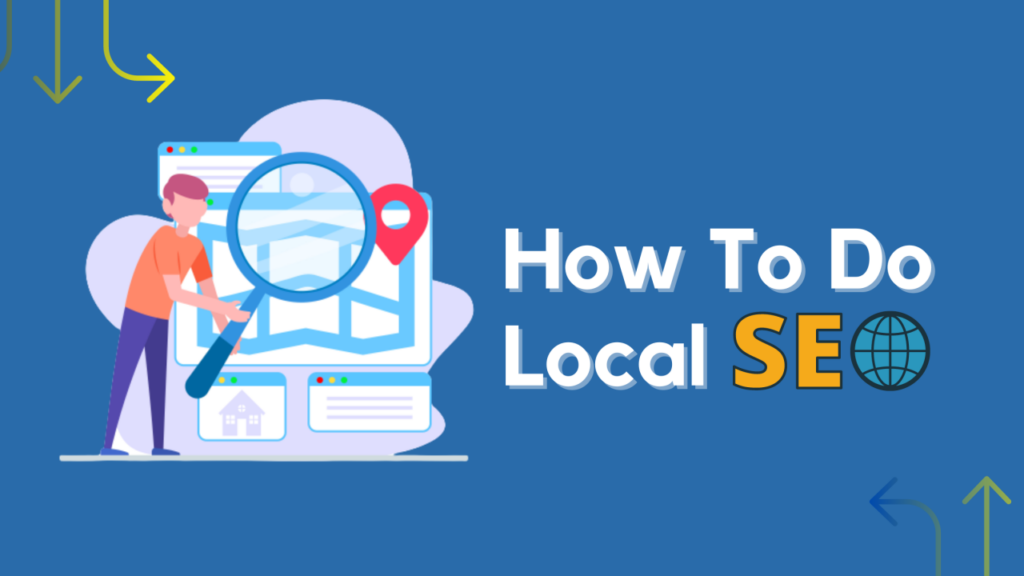Local businesses must navigate the complex web of search engine optimization (SEO) to stay relevant and competitive. For that, these businesses must turn to local SEO.
Take the case of small businesses in Denver, Colorado. The market is competitive, making it hard to thrive, regardless of the business vertical. Working with the best Denver SEO services is the only way to manage to rank higher on Google Search. It enables businesses to stand out and generate more leads, mostly thanks to local search engine optimization efforts.
Now, enhancing local SEO rankings requires a keen understanding of various data types that influence search engines’ algorithms. Here, we explore some of the most critical data types that are vital in improving local SEO rankings.
#1 Keyword Data
Keywords are the terms that potential customers use in search engines when looking for products or services. Effective keyword research is an absolute must for implementing a successful SEO strategy.
According to Peaks Digital Marketing, you should utilize core, competitive keywords within your website. Only then will it help you rank higher than your competitors. Otherwise, when it comes to such search engine rankings, things tend to get difficult.
According to Backlinko, not even one percent of users click on the second page of Google Search results. Hence, unless the right keywords are in place, simply stuffing words into your content will be fruitless.
At the same time, BrightEdge reports that most of the clicks go to organic web listings. That means you must make the content feel organic; you can’t have keywords stuffed into the content just for the sake of it.
For local SEO, this involves finding and using keywords that are relevant to both your business and the local area. At the same time, the keywords you select must blend into the content naturally. Hence, understanding the local context of these searches is crucial.
For instance, a bakery in Austin would benefit from incorporating keywords like “best bakery in Austin” and “local Austin cakes” into their website content. The keyword data you work with should also help you understand the terms customers frequently use for such searches. For instance, instead of ‘cakes’, someone might use the term ‘pastries’.
#2 Business Information Data
Precise and uniform business information is a must for businesses looking to achieve local SEO success. Information like business name, address, phone number, etc. help search engines verify the credibility and relevance of your business.
Maintaining consistency of these details across all online platforms is pivotal for optimizing local SEO rankings. That means whether it’s your Google Business page or your company’s TikTok account, the information needs to be consistent throughout. Any discrepancies can cause confusion among search engines and potential customers, potentially lowering your ranking.
#3 Customer Review Data
Customer reviews are a pivotal element in local SEO. According to BrightLocal, around 98 percent of users read online reviews when they are looking into local businesses. Search engines factor in the volume, quality, and freshness of reviews when determining rankings.
Businesses that accumulate numerous positive reviews tend to achieve higher positions in local search results.
#4 Local Content Data
Creating locally relevant content is an integral aspect of a comprehensive local SEO strategy. Blog posts, articles, and landing pages that highlight local events, news, or community activities can significantly boost your local SEO efforts. Such content engages the local community and signals to search engines that your business is actively involved in the local area.
Also, localized content must also include geo-targeted meta tags and descriptions. Incorporating location-specific phrases in your titles, meta descriptions, and headers can further optimize your content for local searches.
Frequently Asked Questions (FAQs)
How is target group data used for SEO?
Target group data helps tailor SEO strategies by identifying keywords, content preferences, and online behavior. Understanding the audience’s demographics, interests, and search habits enables the creation of relevant content and optimized web pages. This, in turn, enhances search engine rankings and user engagement.
Can local customer data be used for generic SEO purposes?
Yes, local customer data can inform broader SEO strategies by revealing trends and preferences that might apply to a wider audience. Analyzing local search behaviors, popular keywords, and successful content can provide insights to enhance general SEO efforts, even beyond the local context.
How can you develop a data-centric SEO strategy?
A data-centric SEO strategy involves collecting and analyzing data on keywords, user behavior, and competitors. Use tools like Google Analytics to gather detailed insights and track the performance of your SEO strategy. This approach ensures informed decisions, targeted content, and continuous optimization for better search rankings.
To sum things up, improving local SEO rankings requires attention to various types of data. As you utilize such data in your SEO strategy, you can significantly improve your visibility and ranking across search engines.

